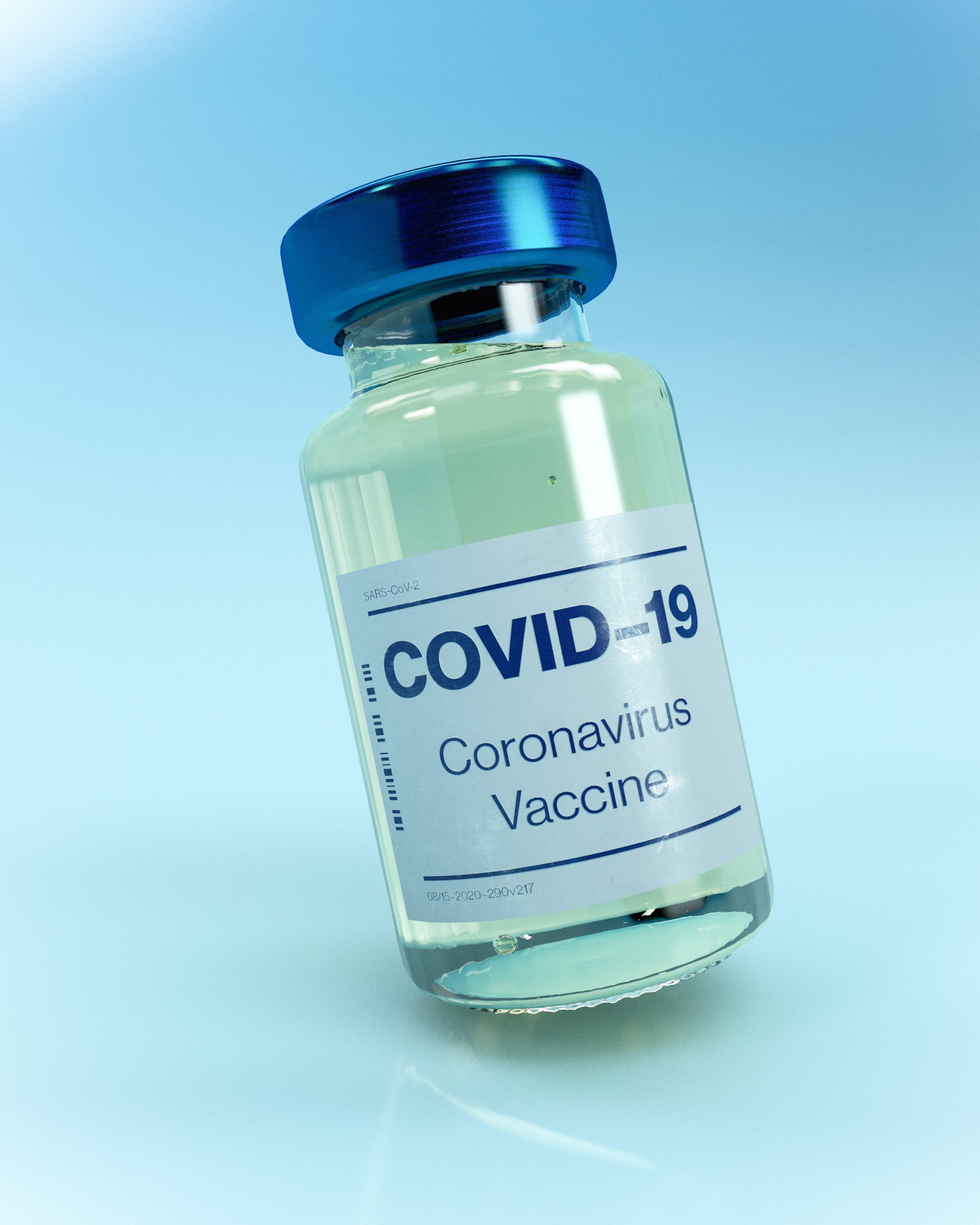Press release from the CDC
***
[broadstreet zone=”58610″]
ATLANTA – the Centers for Disease Control (CDC) will be making COVID-19 vaccination recommendations for the United States based on input from the Advisory Committee on Immunization Practices (ACIP).
ACIP is a federal advisory committee made up of medical and public health experts who develop recommendations on the use of vaccines in the U.S. public. ACIP holds regular meetings, which are open to the public and provide opportunity for public comment.ACIP’s role
Since the pandemic began, ACIP has been holding special meetings to review U.S. data on COVID-19 and the vaccines in development to help prevent it. Before making recommendations, ACIP plans to review all available clinical trial information, including descriptions of
- Who is receiving each candidate vaccine (age, race, ethnicity, underlying medical conditions)
- How different groups respond to the vaccine
- Side effects experienced
That committee is scheduled to meet on Tuesday, December 1.
When the Food and Drug Administration (FDA) authorizes or approves a COVID-19 vaccine, ACIP will quickly hold a public meeting to review all available data about that vaccine.
[broadstreet zone=”59946″]
From these data, ACIP will then vote on whether to recommend the vaccine and, if so, who should receive it. Included in ACIP’s recommendations will be guidance on who should receive COVID-19 vaccines if supply is limited.
Recommendations must go to the director of CDC for approval before becoming official CDC policy.
Goals for vaccination if supply is limited
ACIP has set the following goals for recommending which groups should receive COVID-19 vaccines if supply is limited:
- Decrease death and serious disease as much as possible
- Preserve functioning of society
- Reduce the extra burden the disease is having on people already facing disparities
- Increase the chance for everyone to enjoy health and well-being
[broadstreet zone=”59948″]
Ethical principles
ACIP has identified four ethical principles to guide their decision-making process if supply is limited:
- Maximize benefits and minimize harms — Respect and care for people using the best available data to promote public health and minimize death and severe illness.
- Mitigate health inequities — Reduce health disparities in the burden of COVID-19 disease and death, and make sure everyone has the opportunity to be as healthy as possible.
- Promote justice — Treat affected groups, populations, and communities fairly. Remove unfair, unjust, and avoidable barriers to COVID-19 vaccination.
- Promote transparency — Make a decision that is clear, understandable, and open for review. Allow and seek public participation in the creation and review of the decision processes.

Groups considered for early vaccination if supply is limited
ACIP is considering four groups to possibly recommend for early COVID-19 vaccination if supply is limited:
- Healthcare personnel
- Workers in essential and critical industries
- People at high risk for severe COVID-19 illness due to underlying medical conditions
- People 65 years and older
Healthcare personnel continue to be on the front line of the nation’s fight against this deadly pandemic. By providing critical care to those infected with the virus that causes COVID-19, many healthcare personnel have a high risk of being exposed to and getting sick with COVID-19. Healthcare personnel who get COVID-19 can also spread the virus to their patients seeking care for medical conditions that, in turn, increase their patients’ risk for severe COVID-19 illness. Early vaccine access is critical to ensuring the health and safety of this essential workforce of approximately 21 million people, protecting not only them but also their patients, communities, and the broader health of our country.
Learn who is included under the broad term “healthcare personnel.”
[broadstreet zone=”59947″]
Workers in essential and critical industries are considered part of America’s critical infrastructure, as defined by the Cybersecurity & Infrastructure Security Agency. Current data show that many of these workers are at increased risk for getting COVID-19. Early vaccine access is critical not only to protect them but also to maintain the essential services they provide U.S. communities.
People with certain underlying medical conditions are at increased risk for severe COVID-19 illness, regardless of their age. Severe illness means that the person with COVID-19 may require hospitalization, intensive care, or a ventilator to help them breathe, or that they may even die. Early vaccine access is critical to ensuring the health and safety of this population that is disproportionately affected by COVID-19.
Among adults, the risk for severe illness and death from COVID-19 increases with age, with older adults at highest risk. Early vaccine access is critical to help protect this population that is disproportionately affected by COVID-19.
[broadstreet zone=”58892″]

